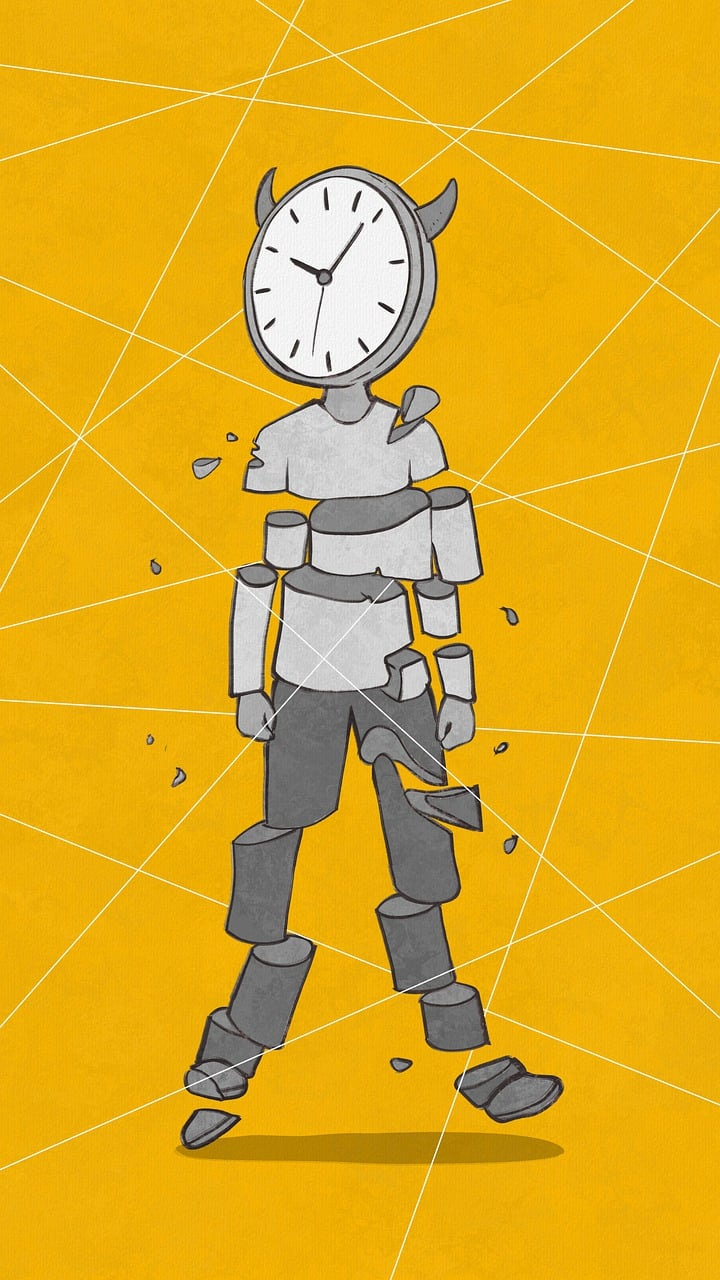Schizophrenia; A disorder of distorted reality
When the voices inside our heads rebel and revolt
Sometime in the middle of last year, I met a man who, paradoxically, seemed very normal. Not in a bad way. He was around 40, tall, dark-haired, elegantly dressed, and very well prepared for our meeting.
"He must be the manager," I thought. "He's probably one of my superiors," I continued my train of thought, as I watched him sit in his comfortable chair and take a notepad out of his briefcase.
Just as I was about to approach him, he started looking at me "strangely." At first, I didn't understand it, but as time passed, he stared at me more and more. He thought I was watching him, spying on him, and that I was a tax collector trying to scam him. How do I know this? He told me his thoughts months later, when he confided in me that at that moment, he was hearing voices in his head.
Schizophrenia, the disease of the rebel voices. Is it really as dangerous as they make it out to be? Are all schizophrenics murderers and criminals? Or are they, in the end, victims and not perpetrators, in a society where stigma and taboos have taken over?
Firstly, not all patients with schizophrenia are dangerous. In fact, according to recent research, the percentage is very small, mainly among those who are not receiving treatment. These individuals are people like us, with feelings and rights. The fact that society tries to stigmatize them in order to "sell" is a psychological crime that should be consideretated very seriously.
In fact, we cannot judge all these people based on the characteristics they have, because that is a generalization. And when there are generalizations, we are led to statistically and logical errors.
The revolution of voices is essentially the hallucinations that a person hears, sees, smells, or feels during a psychotic episode. It can be very frightening for the person themself or their family/friends, so it must always be managed with care.
Schizophrenia is perhaps one of the most difficult diseases to treat. For example, a doctor may prescribe medication, and a psychologist may provide psychotherapy, but if the patient does not open up, and there is no routine or stability, things can take a strange and unpleasant turn.
It is no coincidence that people are hospitalized for long periods in psychiatric clinics, and only after a while they understand the reason and purpose of their hospitalization.
Imagine, as a reader, how difficult this must be for someone. Realization hurts, and sometimes special treatment and care are needed.
Something else I would like to add is that psychotic episodes and schizophrenia in general are not dangerous to others (unless there are voices leading to violence) but to the person themselves. In fact, when society adds stigma and "mythologization" to schizophrenia, then the person has an additional burden to deal with.
Why? Because, according to some, schizophrenia is a sign from God or is related to some ritual or the universe. This confuses patients and ultimately makes them feel worse.
In summary, the revolution of voices can prove fatal if not addressed in a timely manner. However, it is not the situation itself that is dangerous, but the burden that lies behind the stigma.
The man I mentioned at the beginning may never have existed. Perhaps he was just a figment of my imagination, to explain to you what a "schizophrenic" would actually be like. Or even, it could be a metaphor for how these individuals themselves feel. Because in the end, what is more important? To know something, to understand it, to help the person behind it as best as we can, or a combination of all of the above?


